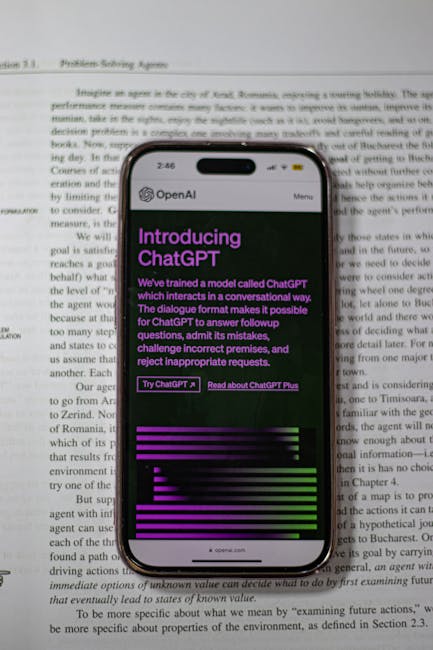The Artificial Intelligence (AI) industry is facing a pivotal moment as it grapples with the complexities of training data usage. Amidst rising concerns over copyright infringement, a groundbreaking solution has emerged—Real Simple Licensing (RSL). Launched by a coalition of technologists and web publishers, RSL aims to streamline data licensing on a massive scale, offering a lifeline to both AI companies and content creators.
Backed by major players like Reddit, Quora, and Yahoo, RSL seeks to establish machine-readable licensing agreements across the internet. This initiative is spearheaded by Eckart Walther, a co-creator of the RSS standard, who emphasizes the necessity of a scalable licensing system. ‘We need to have machine-readable licensing agreements for the internet,’ Walther stated, underscoring RSL’s potential to transform data use practices.
RSL’s technical framework allows publishers to specify licensing terms within their ‘robots.txt’ files, enabling AI firms to easily identify applicable data restrictions. On the legal front, RSL has formed a collective licensing organization akin to ASCAP in the music industry, facilitating negotiations and royalty collection on behalf of rights holders.
The system’s collective includes notable web publishers such as Yahoo, Medium, and The Daily Beast, while others like Fastly and Adweek support the standard without formal membership. This flexible framework allows for bespoke licensing deals, similar to how artists like Taylor Swift negotiate unique terms within existing systems.
Despite its promise, RSL faces challenges in implementation, particularly in tracking data usage for royalty purposes. The system must navigate the intricate dynamics of AI training processes, where logging specific data use can be complex. Yet, as Doug Leeds, RSL co-founder, asserts, ‘It doesn’t have to be perfect. It just has to be good enough to get people paid.’
The question remains: will AI companies embrace this new licensing paradigm? The industry has historically viewed the web as a low-cost data source, raising doubts about the willingness to pay for resources previously accessed freely. However, with influential voices in AI calling for structured licensing systems, RSL might just be the catalyst for change the industry needs.
As the AI sector evolves, RSL offers a promising path forward, aligning the interests of technology developers and content providers. With its potential to establish a fair and transparent data economy, RSL could be instrumental in shaping the future of AI development.






